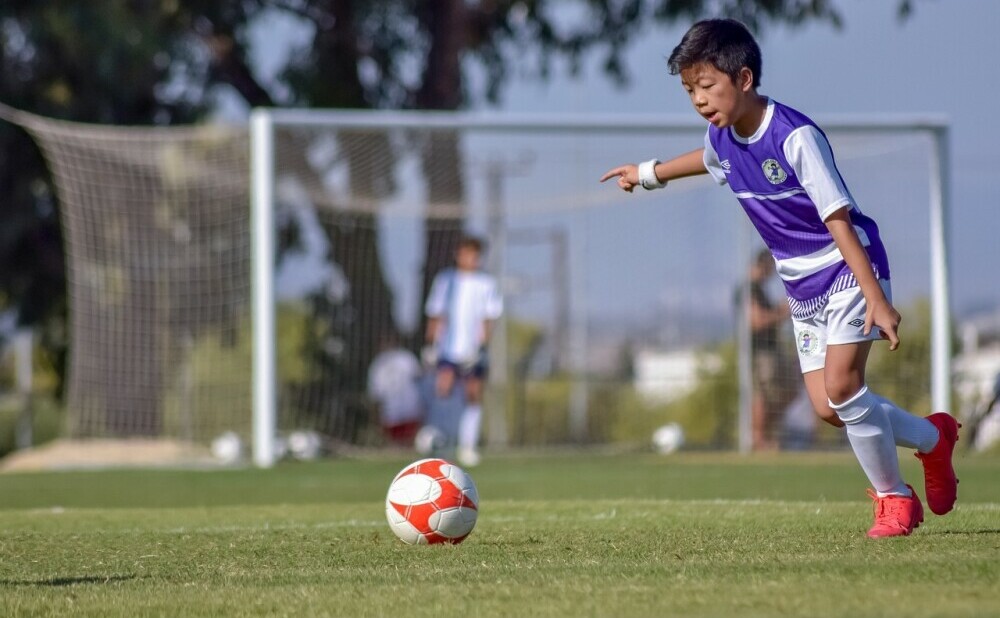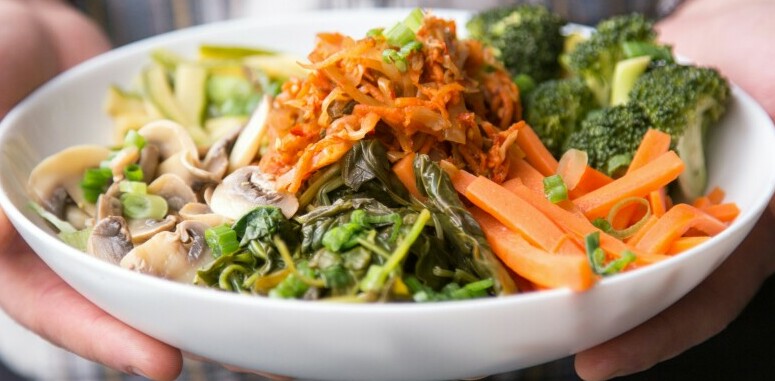 You know just as well as I do that soccer is not only a game of skill, agility, and endurance, but also one of strategy. And part of that strategy? It’s about what you put on your plate before you lace up your boots.
You know just as well as I do that soccer is not only a game of skill, agility, and endurance, but also one of strategy. And part of that strategy? It’s about what you put on your plate before you lace up your boots.
A meal that’s well-planned gives you an edge. Think of it as part of your gear .
What you put on your plate before the game can set the stage for how well you’ll play. Think of your meal as the fuel your body needs to perform at its peak. A balance of carbohydrates, proteins, and fats will provide sustained energy, support muscle function, and help you avoid energy crashes on the field.
Carbohydrates are your primary fuel source. Prioritize complex carbs like whole grains, pasta, rice, and starchy vegetables. They’re your body’s preferred energy source during high-intensity activities and will help keep your energy levels consistent throughout the game.
Proteins are crucial too. They’re not the main energy source, but they play an important role in muscle repair and recovery. Incorporating lean proteins such as chicken, turkey, tofu, or legumes can help your muscles stay strong and resilient against the strains of the game.
While fats should be consumed in moderation before high-intensity sports, they are still an essential part of your diet. Choose foods with healthy fats, like avocados or nuts, which can provide a secondary energy source without causing stomach upset.
Don’t forget about vitamins and minerals. These are the unsung heroes that support your body’s biochemical processes. Foods like fruits, leafy greens, and dairy provide the micronutrients you need to maintain top performance. Calcium and iron are particularly important for soccer players.
Lastly, stay hydrated. Drinking enough water before kickoff is crucial. Dehydration can lead to a significant decline in performance, so aim to start hydrating well before the game starts to ensure your body is adequately prepped and ready to go.
Recipe Roundup: Top Pre-Game Meals for Soccer Success
I’ll share a few tried-and-true pre-game meals that soccer players swear by for maintaining high energy levels. Remember, the goal is to blend taste with performance-boosting nutrition.
For your carbs, think beyond plain pasta. Quinoa salad, packed with colorful veggies, offers a twist that’s both nutrient-dense and satisfying. Include a touch of olive oil for healthy fats and grilled chicken for lean protein.
If you’re the type who prefers on-the-go eating, consider a homemade energy wrap. A whole grain tortilla bursting with banana and a spread of almond butter rolls convenience and fuel into one.
For those adhering to specific diets, there’s no need to feel left out. A gluten-free sweet potato bowl, with black beans and avocado, hits all the right notes for energy without compromise. Likewise, a chickpea and spinach power salad caters well to the plant-based crowd, ensuring everyone’s included in the nutrition game plan.
Smart meal prep means you won’t scramble on game day. Prepare ingredients in advance and store them correctly. For example, cook a batch of quinoa or brown rice early in the week, and you can quickly assemble your salad or bowl when it’s crunch time.
Now, let’s carry these ideas to the field’s sidelines. Even when you’ve nailed your pre-game meal, remember there’s more to consider.
Beyond the Plate: Additional Tips for Soccer Nutrition
I understand that a soccer player’s diet goes beyond just the pre-game meal. Ensuring that your body responds well on game day means paying attention to how you fuel it every day, not just before the whistle blows.
One piece of advice I can’t stress enough is to TAILOR YOUR MEAL SIZE AND CONTENT TO YOUR PERSONAL NEEDS. Each player’s body responds differently to various foods and portions. Tracking how you feel during practice can be a great way to determine what works best for you.
Your body’s internal clock, or circadian rhythm, affects your energy levels and performance. Eating your meals at regular times each day can help optimize your body’s readiness for game time.
HYDRATION IS CRUCIAL and doesn’t just mean drinking water right before the game. Staying hydrated throughout the day is important. Besides water, consider hydrating foods like watermelon and cucumbers, and replenish electrolytes during intense play or heat.
After the game, focus on recovery. Your post-game meal should include a balance of protein, to help repair muscles, and carbohydrates, to refill energy stores. Don’t forget to continue hydrating to help with the recovery process.
Lastly, consider consulting with a sports nutritionist. These experts offer personalized advice and can help create a nutrition plan tailored to your needs and goals. Their insights can be the difference between a good and an exceptional performance.

